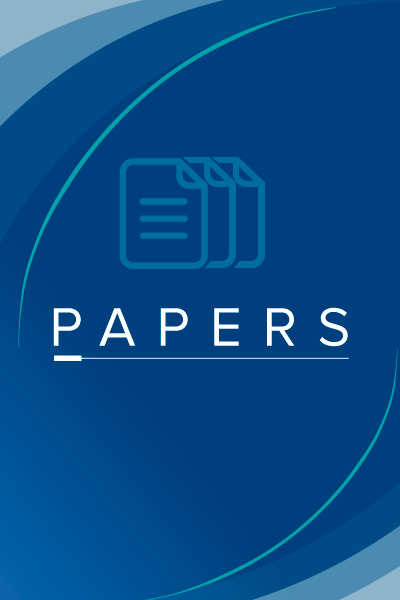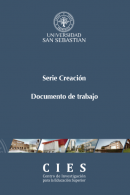
Asociación entre adicción a la comida y estado nutricional en universitarios chilenos
| PROCEDENCIA(S): | Ciencias de la Salud, Ciencias para el Cuidado de la Salud, Sedes. |
|---|---|
| CATEGORÍA(S): | Anatomía y Morfología, Ciencias de la Salud, Nutrición y Dietética. |
| AUTOR(ES): | Ana Obregón / Jessica Fuentes / Paulina Pettinelli. |
| TIPO DE MATERIAL: | Artículos, Investigación. |
| ARCHIVO: |
 Reconocimiento CC BY. Esta obra está bajo una Licencia Creative Commons Reconocimiento CC BY 4.0 Internacional.
Reconocimiento CC BY. Esta obra está bajo una Licencia Creative Commons Reconocimiento CC BY 4.0 Internacional.
Background: High calorie foods, especially high in sugar and sodium may have an addictive potential. Experimental rats are able to develop symptoms and neurochemical changes, comparable to those observed in drug abuse, when they are exposed intermittently to sucrose. Aim: To evaluate the association between nutritional status and the prevalence of food addiction in Chilean college students. Material and Methods: Food addiction was assessed using the Yale Food Addiction Scale in 292 Chilean students aged 18-39 years (35% males). Height and weight were measured and body mass index (weight/height2 ) was calculated. Results: Eleven percent of participants met the criteria for food addiction. Women had a higher prevalence than men (14.4% and 4.8%, respectively). Thirty percent of individuals with a body mass index over 30 kg/m2 met the criteria for food addiction. Conclusions: In these Chilean students, food addiction was more prevalent in women and a higher prevalence was observed in obese individuals.


